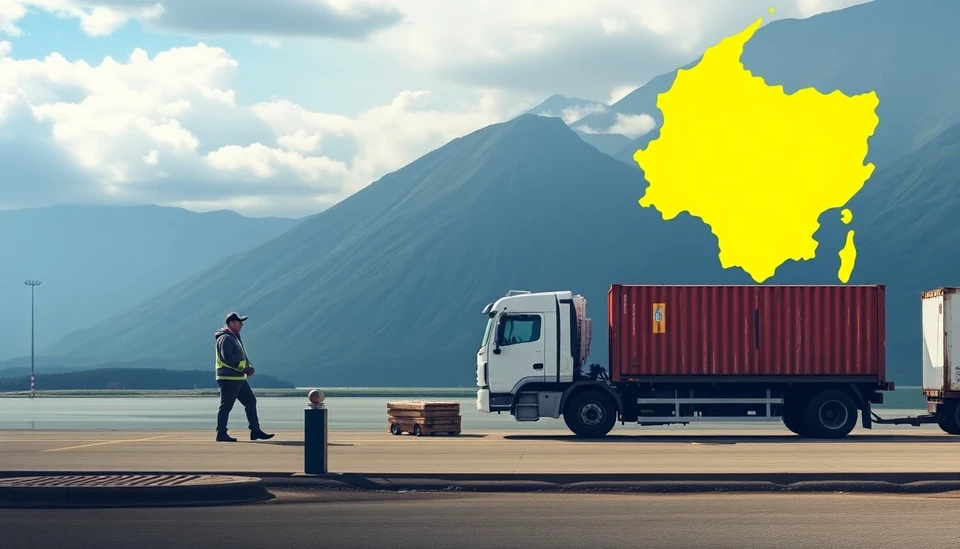
In a significant development affecting international trade relations, former President Donald Trump has recently issued a stern warning regarding potential tariffs on Colombian goods. This statement has sent ripples through the supply chain, particularly in industries heavily reliant on imports and exports between the two countries.
Trump's remarks were made during a speech where he emphasized the need to reassess trade agreements that he perceives as unfavorable to the United States. He specifically called attention to Colombia, a longtime ally, suggesting that the country might not be living up to its commitments under existing trade frameworks.
The potential tariffs could target a variety of Colombian exports, including coffee, flowers, and textiles, which are vital components of Colombia's economy. This could have devastating effects on Colombian producers and workers who depend on these industries for their livelihoods. In the past, Colombia has faced similar threats from the U.S., but this recent escalation raises concerns that changes in trade policies could soon take effect.
Economic analysts are closely monitoring the situation, as the announcement carries implications not just for Colombia but for global supply chains and trade dynamics. Such tariffs could lead to price increases for consumers in the U.S. and could sour diplomatic relations between the two countries. Colombia's government is currently assessing its options and potential responses to this latest threat.
The looming tariff decision comes amid a backdrop of complex geopolitics and shifting alliances. Businesses in both nations are bracing for potential disruptions, with Colombian exporters preparing contingency plans while American importers are evaluating their dependence on Colombian products. As the stakes rise, many are questioning the long-term impacts this could have on trade stability in the region.
Furthermore, the implications of these tariffs extend beyond immediate economics; they touch on strategic considerations as the U.S. seeks to maintain its influence in Latin America. How Colombia decides to navigate this new round of threats from the U.S. could redefine its trade strategy and alter its approach to international partnerships.
Moving forward, it will be essential for both governments to engage in dialogue to address these concerns and potentially seek a diplomatic resolution, which could mitigate the risks of an escalation that would not benefit either nation.
The situation remains fluid, and stakeholders are eagerly awaiting further developments from both the Trump camp and the Colombian administration. As news continues to unfold, the upcoming weeks are poised to be critical in determining the future of U.S.-Colombia trade relations.
#TrumpTariffs #ColombiaTrade #SupplyChainImpact #USColombiaRelations
Author: Rachel Greene




